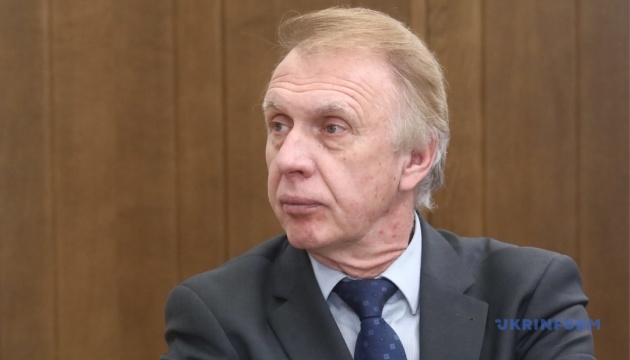Hungary’s current stance is hindering Ukraine’s efforts to integrate into the European Union, prompting discussions within the EU about the necessity to revise its decision-making protocol, which relies heavily on unanimity. This perspective was shared by former Ukrainian Foreign Minister Volodymyr Ohryzko in a recent interview with Ukrinform.
He emphasized that, “At present, the European Union has no formal mechanisms to override a single-member veto—its decision-making process remains bound by the principle of unanimity. This poses a significant challenge, one the EU now fully recognizes.”
Ohryzko highlighted that Hungary’s conflicting position with the EU could motivate Brussels to initiate informal yet impactful countermeasures. He stated, “We may soon see the suspension of financial aid worth tens of billions of euros, without which Hungary cannot sustain itself for long. Another possible measure is restricting Hungary’s voting rights. If that happens, Budapest’s position will simply lose its weight—period.”
The former minister also noted the pro-Russian sentiments expressed by Hungarian Prime Minister Viktor Orbán, suggesting that a significant shift in Hungary’s stance regarding Ukraine may only occur with a leadership change, which could take place after the upcoming elections.
Ohryzko confirmed that discussions regarding Ukraine’s EU membership have commenced, stating, “Based on our information from Brussels, preparations for the negotiation process are already underway—it will proceed in parallel with Moldova, albeit informally. In my view, negotiations across all clusters will begin even before a formal political decision is made. Once the opportunity arises, they will simply be formalized retroactively.”
Commenting on Ukraine’s response to Hungary’s actions, he argued that Ukraine needs to adopt a stronger official stance, asserting, “For too long, we have shown a level of restraint that Hungary does not deserve.” He added that Orbán’s alignment with pro-Moscow rhetoric needs to be addressed more directly.
Ohryzko further reiterated Ukraine’s right to spotlight Hungary’s historical role regarding Nazi crimes committed in Ukraine during World War II, stating, “We are fully entitled to raise these issues—not out of revenge, but in the name of historical memory and contemporary political accountability. All that’s needed is the political will.”
Previously reported by Ukrinform, Orbán claimed that in a recent government consultation, 95% of respondents opposed Ukraine’s accession to the EU.

